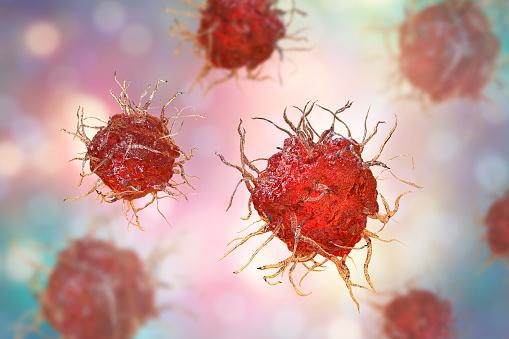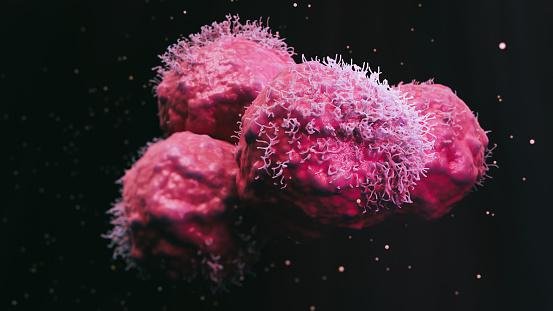Research led by Harvard Medical School has discovered a malfunction in a cellular mechanism that can lead to the development of cancer. Research published in the journal Science He explains how a defect in the CDK13 protein could be a precursor to tumor cells.
Our body produces thousands of new cells every day, and various mutations can occur in this process. However, there are mechanisms in our cells that eliminate mutations and prevent their reoccurrence and even reproduction.
But, Due to inherited genetic errors or constant exposure to certain products and environments, in some cases our body loses the ability to deal with these mutations. When this occurs, we can develop deadly cancer.
see more: Pancreatic cancer: Vaccine destroyed cancer cells in first test
There are already several hypotheses and answers for the development and treatment of some types of cancer in the medical literature, but researchers from Harvard have found another fundamental piece to understanding this disease.
Megan Insco, a professor and researcher at Harvard Medical School, in her research with zebrafish, observed the accumulation of small RNA sequences in cells.
Insco explains that these short RNA chains are the result of faulty cell proliferation processes and are eliminated by a mechanism normally stimulated by the CDK13 protein.
This protein performs a type of cellular surveillance. When it detects that there is too much genetic junk, it signals another protein, ZC3H14, to clean up other cells. For the researcher, a CDK13 malfunction is like a broken vacuum cleaner that does not remove dirt.

Learn more: Method uses artificial intelligence to detect cancer in 30 minutes
In the analysis of tumor cell samples, 21% of melanoma-type cancers had CDK13 deficiency.
Small cell lung cancer, endometrial cancer, colon adenocarcinoma, and non-melanoma skin cancer also showed defects in the protein.
Although the initial research was conducted with zebrafish, mouse and human cells also showed the same pattern of failure. Researchers now want to find out whether cancer develops from defective RNAs or is caused by other proteins that can cause cancer.
The discovery of this new mechanism opens new research possibilities for the development of increasingly ambitious treatments for cancer, resulting in better prognosis and treatment.
Source: Tec Mundo
I’m Blaine Morgan, an experienced journalist and writer with over 8 years of experience in the tech industry. My expertise lies in writing about technology news and trends, covering everything from cutting-edge gadgets to emerging software developments. I’ve written for several leading publications including Gadget Onus where I am an author.












